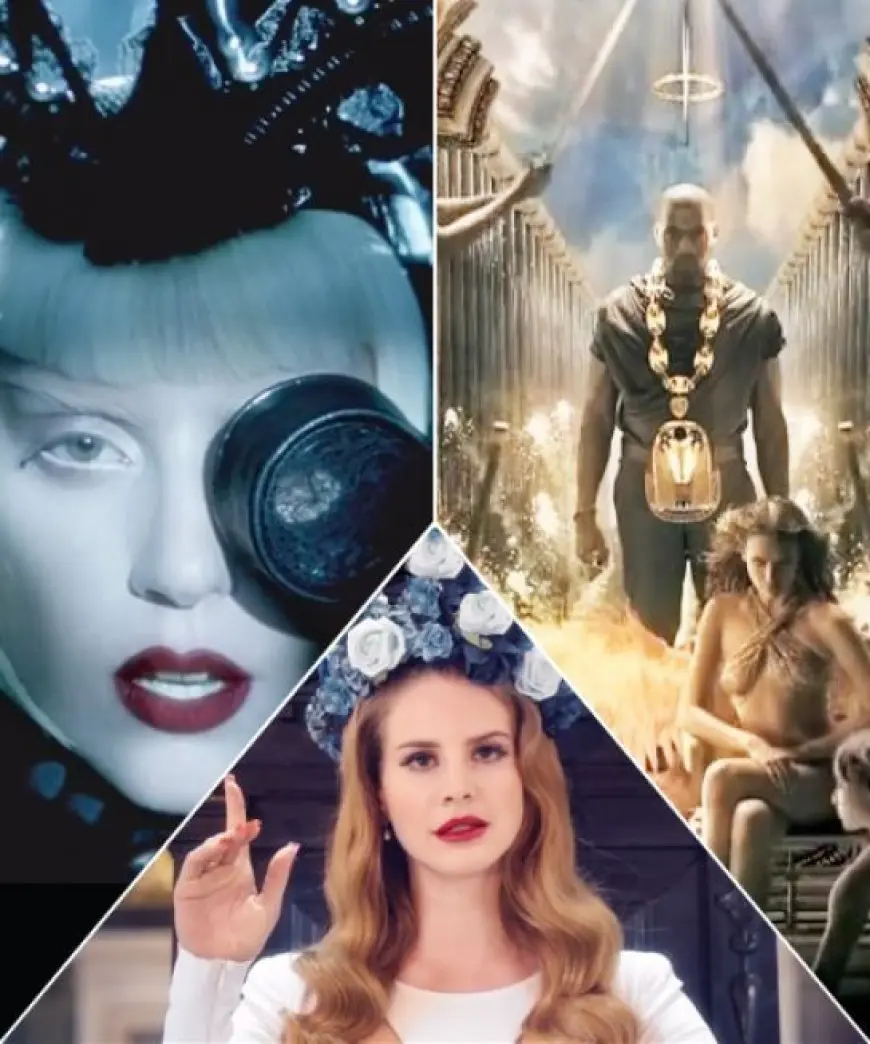The History and Popularity of Karaoke Worldwide
The History and Popularity of Karaoke Worldwide

Karaoke is a global phenomenon that brings people together through music, encouraging both amateur and professional singers to showcase their talents in a social and relaxed environment. Its history is rooted in Japan, but over the decades, it has evolved into an international pastime enjoyed by millions.
The concept of karaoke originated in Japan during the 1970s. The term "karaoke" comes from the Japanese words "kara," meaning empty, and "oke," short for "orchestra." It was first introduced as a way for people to sing along to instrumental versions of popular songs. The first karaoke machine, invented by Japanese musician Daisuke Inoue in 1971, made it possible for people to sing along to their favorite tunes with the backing track playing. Initially, these machines were introduced in bars and restaurants, where people could gather to enjoy the music and showcase their vocal talents in front of an audience.
Karaoke gained immense popularity in Japan and quickly spread to other parts of Asia. By the 1980s, it reached countries like South Korea, Taiwan, and China, where it became a staple of entertainment. Karaoke bars, known as "noraebang" in Korea and "karaoke boxes" in Japan, offered private rooms where friends and colleagues could sing together, creating a more intimate and fun experience.
As technology advanced, karaoke evolved beyond traditional machines and bars. In the 1990s, karaoke became accessible through home entertainment systems, personal computers, and even mobile apps. The advent of digital technology allowed karaoke enthusiasts to access a vast library of songs from different genres, ranging from pop hits to classic ballads, with lyrics displayed on a screen. This made karaoke even more popular, as people could now enjoy the experience at home or on the go.
Today, karaoke is enjoyed worldwide and is an integral part of social gatherings, celebrations, and even competitions. From birthday parties to corporate events, karaoke has become a universal way for people to bond over music. Its appeal lies in its ability to break down social barriers, allowing individuals of all ages and backgrounds to participate. Whether you're a seasoned performer or a beginner, karaoke is all about having fun, embracing the joy of music, and celebrating creativity.
In many countries, karaoke has evolved into a competitive sport. Competitive karaoke events, such as the "Karaoke World Championship" and local karaoke contests, allow talented singers to showcase their skills on a larger stage. These competitions have helped elevate karaoke from a casual activity to a legitimate form of entertainment, with winners often gaining significant recognition in their local communities or even launching music careers.
Karaoke also plays a key role in popularizing international music. While it originated in Japan, it has influenced music culture in countries around the world. In particular, karaoke has contributed to the widespread popularity of Japanese pop culture, especially anime songs, as well as other global music trends. It has given rise to new genres of music and has brought people together from diverse backgrounds, allowing them to share their love for music in a communal setting.
In conclusion, karaoke's journey from a Japanese invention to a worldwide cultural phenomenon highlights its universal appeal and enduring popularity. Its ability to bring people together, foster creativity, and promote musical enjoyment has made it an integral part of entertainment worldwide. Whether it's for casual fun or serious competition, karaoke continues to connect people through the joy of song, proving that music truly has no boundaries.







